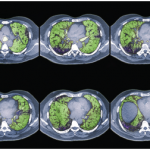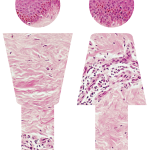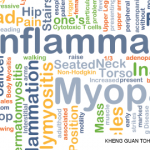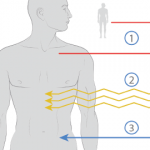Patients with scleroderma, systemic sclerosis (SSc), myositis and rheumatoid arthritis (RA) may develop interstitial lung disease (ILD), which affects a patient’s breathing and quality of life. Prospective studies have revealed that in patients with SSc a greater rate of decline of forced vital capacity (FVC) is associated with increased mortality. Although corticosteroids are commonly used…








